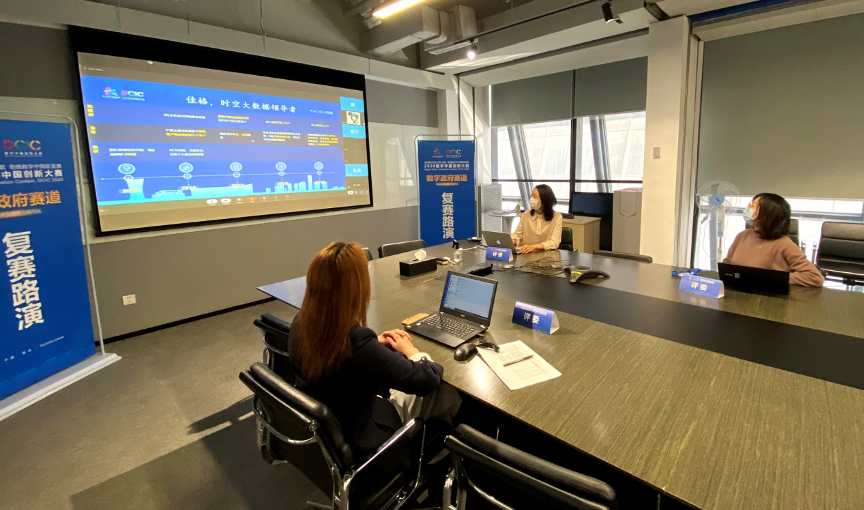Improve Digital Governance and Build a “Warm Fishery Policy”-Four Contest Questions Help Government Solve Governance Difficulties
From March 18 to April 1, the Digital China Circuit of the Digital China Innovation Competition held a rematch stage line On the review, an expert jury composed of the Digital China Construction Summit Organizing Committee and the Fujian Provincial Oceanic and Fishery Bureau, Digital China Research Institute (Fujian), Alibaba Dharma Institute, well-known universities, 36kr, venture capital funds, etc. The other teams from the architectural intelligence census, human-computer interactive robots, smart community construction, and smart ocean construction contests have evaluated the product technology, landing capabilities, team competitiveness, and development potential in multiple dimensions.
The track started the registration channel on January 1st, attracting 4494 teams from 16 countries and regions to register for the competition in two months. After the preliminary and semi-final selections, 21 teams were finally recommended by the judges and advanced to the finals.

(According to the needs of epidemic prevention and control, the rematch will be conducted by means of “cloud road show”)
It is reported that the 2020 Digital China Innovation Competition is a high-end professional core event and an important part of the Digital China Construction Summit, hosted by the Digital China Construction Summit Organizing Committee. The theme of this competition is “cultivating new dynamism in the digital economy and promoting the new development of digital China”. It takes the form of multi-track parallel competitions and sets up digital government, smart medical care, Kunpeng computing, Tiger Fu network security, blockchain, and China. Six major race tracks, including primary school students, set the topics around the application of government big data applications, information technology innovation applications, medical industry intelligence, network security, blockchain technology, primary and secondary school students interest cultivation and other content.
Among them, the digital government race track took the opportunity of developing new infrastructure and promoting the digitalization of government affairs in Fujian Province, focusing on big data of government affairs, focusing on the four major areas of smart oceans, government services, smart communities, and urban management, and set up a smart algorithm Contest questions (smart ocean construction) and three innovative application questions (building intelligent census, human-computer interactive robot, smart community construction), application-oriented, gather the world’s top innovative talents, and explore the innovation of advanced digital technology and government Application results, while using big data to improve the government’s governance capacity and governance level, accelerate the formation of a new format of digital economy in Fuzhou and even Fujian, and further enhance the public’s sense of gain.
It is understood that under the background of scientific and technological epidemic prevention, new infrastructure and digital governance have become the general trend, and a consensus has been quickly formed in the whole society. The “Digital Government Raceway” launched last year is highly relevant to the new situation. “And received high attention from all parties. In recent years, Alibaba Cloud, which is committed to the practice of digital “new infrastructure”, has continuously strengthened the research and layout of “new infrastructure” and cooperated with Fuzhou as the “ideological source and practical starting point for the construction of digital China” for the development of the digital industry. ” Brought a wave of rhythm “, let the contest truly serve as a platform to guide and promote innovation and upgrade in related fields.
For example, three innovative application questions—building intelligent census, human-computer interactive robot, and smart community construction are all based on the practical problems faced by the Fujian Provincial Government in the process of digital governance and improvement of people ’s livelihood. There are already application scenarios in governance; intelligent algorithm competition questions are combined with the problems faced by the construction of smart oceans and smart fisheries, and dynamic monitoring of fishery ships through intelligent algorithms to improve the protection and development of marine resources.